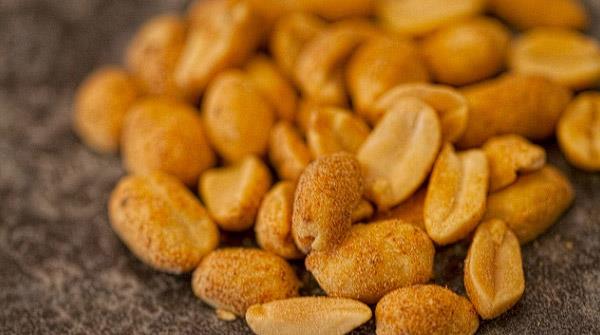Weaning is an exciting time for both mother and baby. But do not because of that eagerness that mom "release brake" to introduce to children all kinds of adult foods. There are so many foods that we still think that nutritious and beneficial are potential dangers for children
What do babies 4 to 6 months old cannot eat?
From 4 to 6 months is the stage when some babies start to eat solids. However, if there is no special reason, the mother should delay the weaning process. In the first 6 months of life, breast milk or formula should be your baby's only food.
Nutrition for children from 6 to 12 months: "forbidden" foods
Honey: Honey can contain the bacteria Clostridium botulinum. The adult intestinal system can prevent the growth of this bacterium, but in the intestinal tract of children their germs can develop into a toxin that is life-threatening.
- cow milk and soy milk : Always give your child breast milk or formula until the baby is 1 year old. Before turning 1 year old, baby's intestines cannot digest the protein found in cow's milk and soy milk when babies are not one year old, and so the baby does not get all the necessary nutrients. The amount of minerals in cow's milk / soy milk at this time can damage your baby's kidneys.

When should let children drink fresh milk? Many people think that fresh milk has absolutely no nutrients at all and does not provide enough nutrients for your baby. Actually, fresh milk also contains many vitamins and minerals that are not inferior to powdered milk. However, there are a few small notes that mothers need to pay attention to when trying to feed their babies fresh milk. Join in ...
Large pieces of food: Pieces of food that are larger than a pea can get stuck in a child's throat. Vegetables such as carrots, celery and green beans should be either cut into very small pieces or cooked and then cut. For fruits such as grapes, cherry tomatoes or melons, we should also cut into small pieces with beans before feeding. Meat or cheese should be cut into very small pieces or crushed. Although these foods are very important in children's nutrition, with their incomplete teeth, it is difficult for children to crush them.
- Small and hard foods: lozenges, cough medicine, nuts and popcorn have the ability to make babies choke and choke. Nuts, while not big enough to cause choking, can get stuck in your baby's airways and cause infection.

In nutrition for children under 1 year old, attention should be paid to the safety, avoiding hard foods
Soft, sticky foods: marshmallow, jelly or gum can get stuck in a child's throat.
Peanut Butter: Peanut butter and other avocados are often very sticky and can make swallowing difficult for young children.
To avoid choking, the mother should note:
● Avoid feeding your child while riding in the car.
● If you let your baby suck on the teething stimulant, be sure to watch out for the baby carefully as it can numb the baby's throat and interfere with swallowing.
- Foods that cause allergies : Doctors used to advise parents to wait until their baby is a year old or older to feed them with foods that can cause allergies, especially especially for children at high risk of allergies. However, the American Academy of Pediatrics (AAP) recently changed this concept. Recent studies have shown that babies can still develop allergy symptoms whether or not they wait until one year of age.
However, this is still a good way to do, parents should slowly introduce the baby to more foods, every few days will give the baby a new food to make sure the baby is not allergic to it. And if you believe your baby is likely to have a food allergy - for example, a family with a common food allergy or your baby's severe eczema - consult with a doctor to find out the best way in the world. offer allergenic foods such as eggs, milk, peanuts, wheat, soybeans, nuts, fish and seafood.













